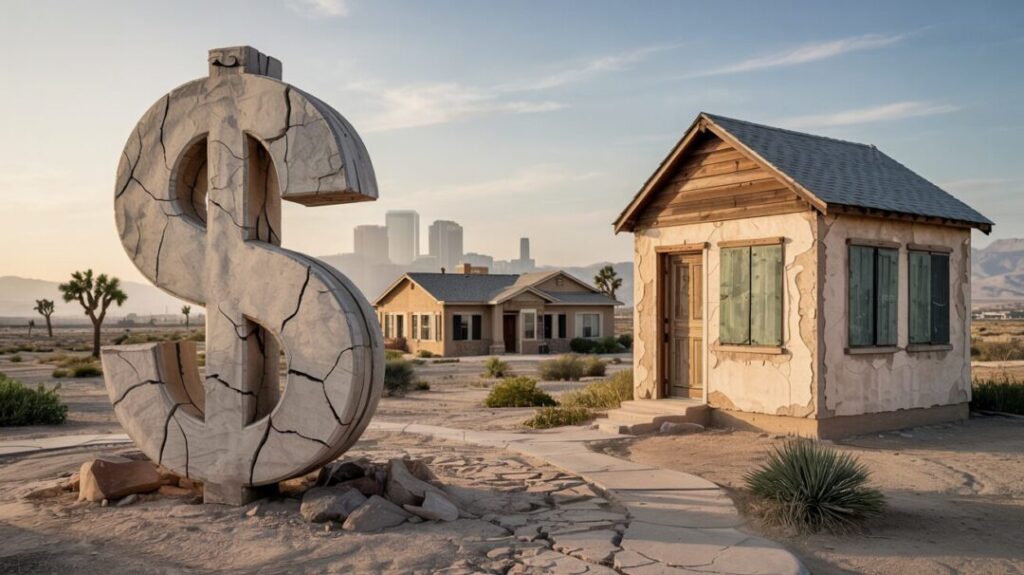Every year, Nevada homeowners see their property tax bills go up, even when their incomes don’t.
For seniors on fixed incomes, it feels like the walls are closing in.
Many ask a fair question: if schools remain near the bottom of national rankings, why are taxpayers paying more without seeing results?
How Property Taxes Work in Nevada
In Nevada, counties collect property taxes and a big slice goes to fund K-12 schools.
That’s because, unlike other states, Nevada doesn’t have a state income tax.
Property and sales taxes do most of the heavy lifting when it comes to paying for government services, including schools.
Under the current system, local school districts depend heavily on those property tax dollars.
That means when your house value goes up, your tax bill usually goes up too – even if you’re retired and your income is frozen in place.
Nevada Schools Struggle Despite More Funding
Lawmakers approved a record $2.6 billion increase in education funding in 2023, bringing total K-12 spending under the state’s Pupil-Centered Funding Plan to about $11.5 billion for the next two years.
It was the largest boost in state history.
And the outcomes haven’t matched the spending.
Nevada schools have repeatedly landed near the bottom in national rankings for student performance, graduation rates, and overall quality.
Parents, teachers, and taxpayers alike are frustrated.
So while more money has been poured into schools, the results haven’t improved much.
That raises the question: is the problem really lack of funding, or is it how the money is being spent?
The Tax Burden on Retirees and Families
For retirees living in Las Vegas, Reno, or Henderson, property tax bills eat into limited retirement savings.
Many say they’re forced to choose between paying rising taxes or cutting back on everyday needs.
Younger homeowners aren’t spared either.
Millennials raising families are often hit with higher mortgage payments, and when taxes get added in, it becomes harder to save or invest in their futures.
In short, everyone feels the pinch – yet the promised payoff of better schools hasn’t come.
What Other States Are Doing
Some states are rethinking how schools are funded:
-
Texas recently approved major property tax cuts by sending more state budget money to schools.
-
Florida has capped annual increases in property assessments to protect homeowners from sudden spikes.
-
Georgia has considered property tax rebates to return surplus state money to taxpayers.
Nevada, by contrast, has debated similar reforms but hasn’t moved forward.
Lawmakers often back away from the topic because any cut to property taxes requires them to find another way to keep schools funded.
Possible Reforms for Nevada
Here are ideas often discussed in Carson City that could help homeowners:
-
Assessment Caps: Limit how much a home’s taxable value can rise each year. This would protect retirees and families from sudden spikes in their bills.
-
Circuit Breakers: Give tax credits or rebates when property taxes take up too much of a household’s income.
-
More Transparency: Require school districts to show exactly how new funds improve classroom results.
-
Alternative Funding Sources: Broaden the tax base by including more goods and services under the sales tax, instead of leaning so heavily on property taxes.
Nevada Homeowners Deserve Relief Now
Nevadans deserve fair treatment.
Homeowners should not be punished year after year with higher taxes when schools remain stuck near the bottom of national rankings.
The opinions expressed by contributors are their own and do not necessarily represent the views of Nevada News & Views. This article was written with the assistance of AI. Please verify information and consult additional sources as needed.




